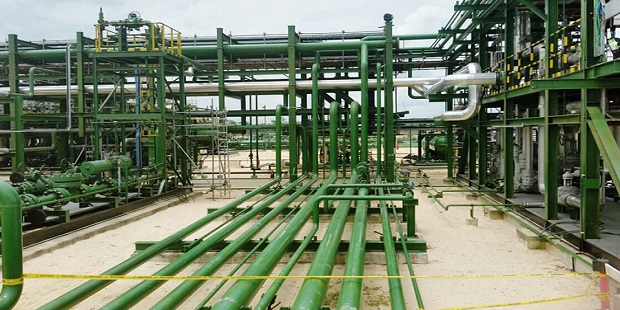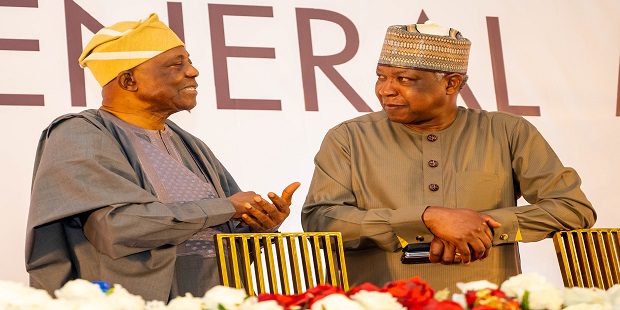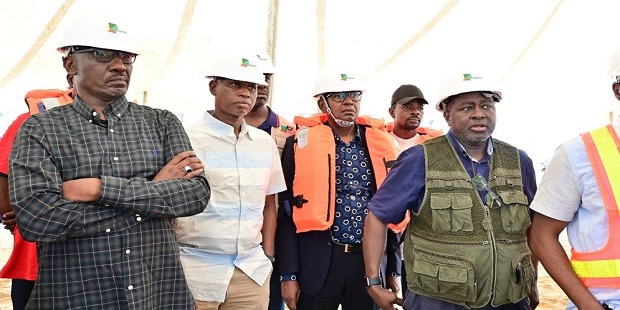Energy has always been in transition from very early days when the predominant sources of energy were mainly Manpower, Animal fats, Paraffin, Coal and more recently Oil and Gas. Over time, we continue to witness energy transition in action, as we alter our preferences for different sources of energy, on account of economic, environmental, social, and geopolitical considerations. We seem to have taken the evolution of energy for granted until the recent awakening realities of new science, and the greater awareness of the impact of continuing to burn hydrocarbons at the ongoing scale, especially on the back of huge, forecast growth in energy levels.
We suddenly realize that we are endangering our planet and treading a very thin line between survival and our personal comfort. The effect of climate change is driving the acceleration of renewed focus on energy transition and consequently, this is fast changing the global energy mix and energy systems from fossil fuels to other cleaner sources. Against the backdrop of the energy transition, the global population is forecast to grow by 25% from the current 8Billion to over 10Billion people by 2050! Africa alone will grow from its current 1.5Billion to about 2.5Billion, being about 67% population growth compared to the global average of 25%. This means that about half of the world’s expected population growth will come from Africa.
The forecast is even more exciting when you focus on Nigeria. Our population is expected to leap from the current 200Million people to about 400 million, which is 100% population growth within the same time frame. (Where dem go stay?) Let us now overlay this population growth prognosis by predicted prosperity of more people in society, with the advent of technological improvements. More people will have access to phones and electronics that will require charging, more people will require air conditioning – heating or cooling, depending on where you are in the world. Mobility and travels will increase, more households will transit to the next level in economic advancement. On balance the global energy demand is projected to grow by about 40% in the same time frame.
Now let us attempt to correlate the global average population growth of 25% with the global average energy demand growth of 40%. Global energy demand is obviously going to outpace global population growth, but a closer look at Africa and Nigeria with population growth of 67 and 100% respectively, would suggest that the global energy demand projection may not be in tandem with what Africa and indeed Nigeria will need.
Whether you see this as an opportunity or as a risk for Nigeria will depend on which side of the divide you stand. Bottom Line, the world will need more energy, Nigeria, and the rest of Africa will need it even more.
About 50% of Africa, approximately 600Million people, do not have direct access to reticulated electricity and for Nigeria, we will not just talk about access to electricity but the juxtaposition of reliability, availability and more importantly affordability.




